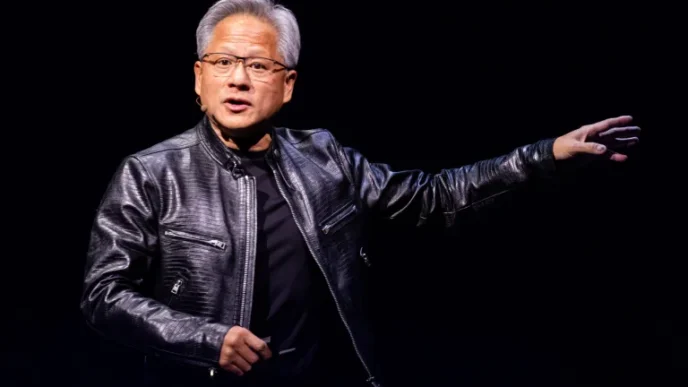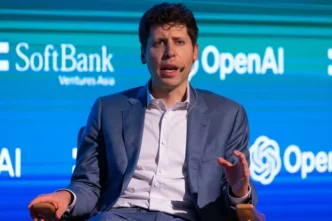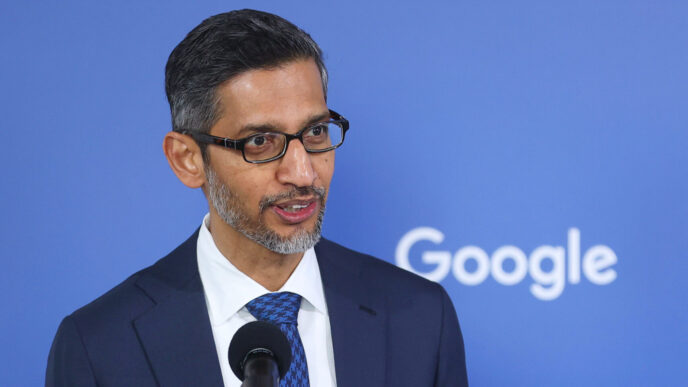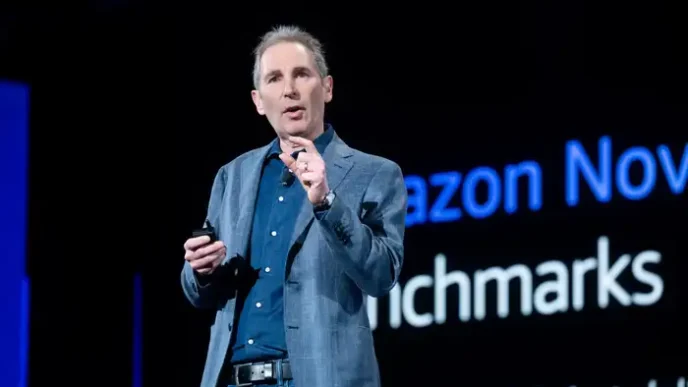Anthropic and Coursera are joining forces to make AI education easier at a moment when nearly every workplace expects people to understand and use AI tools. Their first set of classes is now live, and the message behind them is simple: staying ahead in your career means becoming fluent in AI.
Coursera introduced two new Anthropic AI courses on Tuesday. One is designed for developers who want to work directly with Claude and the Claude API. The other is built for everyday professionals who want to understand how to use AI safely and effectively in their jobs. Both courses share a similar goal, building practical, future-ready AI skills.
Coursera CEO Greg Hart said the shift toward AI-powered work is happening faster than anyone expected. He noted that every role, whether technical or not, is being shaped by generative AI. Because of that, he believes workers need the confidence and skills to keep up. His advice is clear: grow your AI literacy now.
Anthropic led the creation of both courses from start to finish. The developer-focused program was built entirely in-house. The more general course was developed in partnership with Advancing Women in Technology (AWIT), a nonprofit focused on broadening access to tech careers. Each course is taught by experts. The technical track is led by Anthropic engineer Stephen Grider, while the general course features AWIT founder Nancy Wang and former Anthropic engineering manager Dan Mellott.
Hart noted that Anthropic approached the project with a careful and steady hand. Although the partnership was announced two months ago, the team spent much of that time refining content and making sure the material aligned with the company’s focus on safe, effective AI use. He said the delay shows how serious Anthropic is about responsible education.
Coursera has been eyeing a partnership with Anthropic for years. Hart himself only joined the company in February 2025 after two decades at Amazon, but he said the interest long predates him. For Coursera, working with Anthropic fits with its goal of helping people learn the tools that are reshaping work.
Inside the generalist track, learners get a soft introduction to AI before diving deeper. Mellott begins with simple examples like writing a recipe or cleaning up an email. The lessons then progress to more useful tasks, such as interview simulations. The course includes friendly cameos from Anthropic team members who walk through practical tips and challenges they see in real-world AI collaboration.
Anthropic’s head of education, Maggie Vo, said the company knows that many people are still figuring out how to use AI confidently. These courses, she added, give beginners the foundation they need and help more advanced learners build toward agentic workflows. Her view is that AI skills are no longer optional, and these programs are designed to meet that moment.
The demand for AI education reflects that shift. Hart revealed that fourteen people enroll in an AI course on Coursera every minute, almost double last year’s pace and fourteen times the rate in 2023. The platform now hosts over 1,100 AI-related courses, a number that has more than doubled year-over-year.
Although Anthropic is the latest partner, it is not the first. Coursera has also built learning programs around Google’s Gemini models, including materials for the “Grow with Google” initiative. More recently, Coursera participated in OpenAI’s app store launch. Hart said OpenAI reached out to them, not the other way around, which shows how much education is becoming part of the AI ecosystem.
Coursera’s own team is also pushing to enhance its internal AI capabilities. Hart, who once led the team that built Amazon Alexa, said the platform’s AI focus is shaped both by consumer demand and by an internal commitment to using technology to improve learning outcomes.
This push places Coursera in a unique spot in the education debate. Schools across the U.S. are still struggling to figure out how to balance AI adoption with concerns about cheating. Some teachers want to restrict tools like ChatGPT, while others are exploring how to turn AI into a teaching assistant.
Hart believes the answer is straightforward: AI should be part of learning, not pushed to the sidelines. He said AI can actually reduce academic misconduct by offering stronger guidance and clearer explanations. For him, the goal is to improve how students learn, not replace teachers.
His perspective reflects a broader vision shared by many in the industry, that AI can make education more personalized, more interactive, and more accessible. And that vision aligns with what Anthropic AI courses are trying to deliver: lessons that meet learners where they are, whether they’re writing code or exploring AI for the first time.
Coursera’s partnership with Anthropic shows how quickly the education landscape is shifting. A few years ago, AI courses were niche. Now they are becoming central to professional development. As AI adoption accelerates across industries, platforms like Coursera are turning into training grounds for the future workforce.
With these two new Anthropic AI courses, both companies are betting that the next big wave of career advancement will come from people who know how to use AI thoughtfully, safely, and creatively. And for many learners, this may be their first real step into that world.













